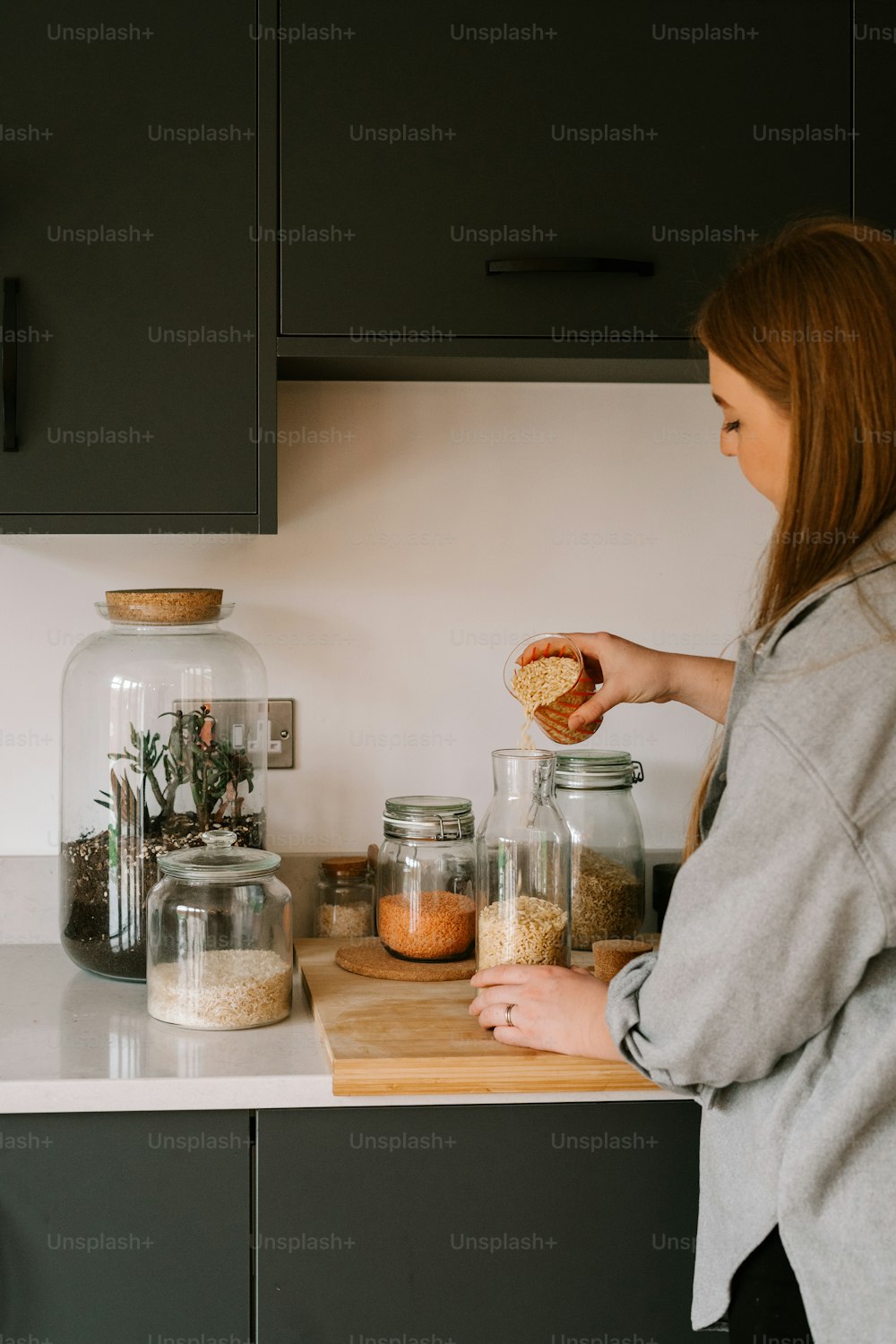Plastic is a combination of two types of chemicals: plasticizers and antioxidants. The plasticizers are used as a lubricant to make plastics more flexible, while the antioxidants are added to prevent the plastic from becoming brittle. These additives have been found in many types of food packaging, including cling wraps and snack bags. The chemicals in the plastic can ruin your food and health. They are endocrine disruptors, which can mess with your hormones and cause problems in the body. The most common additives are phthalates and bisphenol A (BPA). Phthalates have been banned in children's toys but not in food packaging. Likewise, BPA has been banned from baby bottles but not from other types of packaging.
The main problem with plastics is that they don't break down. You can think of them like a time bomb waiting to go off, but instead of exploding all at once, they slowly release their contents over time. The problem is that these chemicals have been linked to health problems such as obesity, diabetes and cancer. Plastic wrap can cause problems for your health in several ways. The plastic wrap contains chemicals that can be absorbed into your body when you eat food wrapped in plastic. These chemicals can cause harm to your body over time, including birth defects.
Most plastics contain a chemical called Bisphenol A (BPA), which is used in manufacturing to create rigid plastics. BPA is also added to plastics to give them a shiny appearance — think CDs and canned food. It's still used on cash register receipts and credit cards because it makes those materials "feel" nice in our hands. But that same chemical has been linked to health problems like obesity, coronary heart disease, diabetes and high cholesterol. In addition to these health issues, the chemicals can cause hormonal disruptions and reproductive problems.

Plastic wraps are made of a thin film that prevents air from reaching the food inside, so it can't be reused or recycled. Instead, it ends up in landfills, where it takes hundreds of years to decompose. Even if you reuse the plastic wrap, it may need to be stronger to protect your food from contamination. Many studies have shown that when plastic wraps touch each other or other surfaces, bacteria can transfer easily between them — even if they're clean!
Plastisol ink on most plastic wrap contains phthalates — chemicals linked to certain cancers and reproductive problems in humans and animals alike. You should never use this wrapping around raw meat or poultry because there's no way to know how much phthalate has been leached into the food during production or processing. Plastic is a petroleum-based product that takes thousands of years to decompose. Plastic packaging can also promote germ growth, so avoid using plastic bags or wrapping your food in the paper. It also harms the environment by contributing to the production of greenhouse gases.
Alternatives for plastic wraps:

- Paper is biodegradable and recyclable, while plastic takes hundreds of years to break down in our landfills. If you have to use plastic containers for your leftovers, make sure they are sealed airtight after use so that germs don't get inside them as well.
- Glass jars with lids are a popular choice because you can use them to cover almost anything. The glass jar can store food in the refrigerator or the kitchen. It also lets you see what is inside without opening a plastic wrap. You can even put food inside, protecting it from the air. This way, you don't have to worry about bacteria getting into your food. The Better Home's Borosilicate glass containers are eco-friendly glass containers and jars. These glass storage jars are sturdy, leakproof and keep your food fresh and germ-free. They have a slightly rounded bottom, making them more comfortable to hold while twisting off the lid. The small glass jars are perfect for storing spices and other dried goods.

- Tin foil is an affordable alternative to plastic wrap. It's an excellent way to keep hot food warm without waiting for it to cool down before serving it, especially if you want something quick but still delicious. Tin foil is also an excellent way of keeping foods fresh since it keeps air out of your food which helps prevent mould from growing on it (though some people claim this doesn't happen). Tin foil can substitute plastic wrap when you need something that won't stain or melt from heat (such as when making sandwiches).

- Bento box is another option for people who want an easy way to protect their food from bacteria and other contaminants. You can use a bento box as a substitute for plastic wrap or paper towels when cooking. The beauty of this alternative is that no chemicals are used when making them, making them safe for your family members and yourself.
- Oil cloth is an alternative if you want something decorative but also functional in protecting your food from bacteria and contaminants like dirt and dust particles. These oil cloths come with different patterns and designs, so they look nice while keeping your food safe from contamination.

